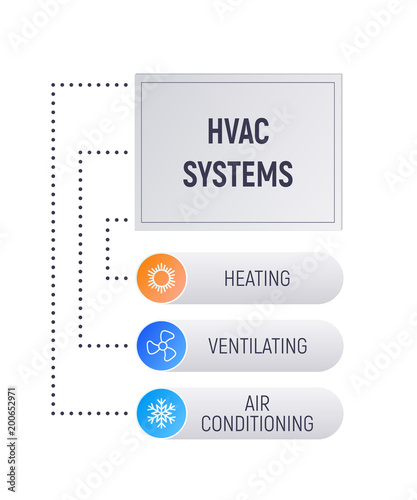Exploring The Environmental Advantages Of Warm Pumps - A Lasting Heating Service
Exploring The Environmental Advantages Of Warm Pumps - A Lasting Heating Service
Blog Article
Author-Long Strand
In an age where sustainability and power effectiveness are critical, several businesses look for environment-friendly heating remedies. One such service is the heat pump.
A heatpump removes the warmth in its surroundings and pumps it right into your home, resulting in one of the most reliable eco-friendly main heater around. This procedure additionally creates no greenhouse gas emissions, making it an extremely sustainable technology.
Energy Efficiency
Heatpump are really energy efficient and call for little upkeep. They use much less electricity than other heating unit and are without a doubt one of the most eco-friendly. They work well with roof solar and can frequently pay for themselves in energy cost savings alone.
They can likewise offer cooling, which is fantastic for garage workshops, attic hangouts and benefit spaces, and home enhancements without extending the existing ductwork. They can even be made use of for retrofits in existing homes with hydronic (water-based) distribution systems such as low temperature level radiators or radiant floorings.
Try to find models with SEER and HSPF ratings that meet or exceed Canada's minimum requirements, along with the requirements in your region. Greater rankings indicate higher performance, which saves you money in the future and minimizes your carbon footprint. You could even qualify for refunds and incentives! The best systems are those with a ground warm exchanger for included effectiveness. These devices can absorb thermal energy from the ground during the winter months and essence it in the summer.
Decreased Greenhouse Gas Emissions
Heat pumps run on electricity and basically move heat from the air, even when it's cold outside. They have the ability to remove the complimentary heat trapped in air fragments and move them indoors, lowering humidity while doing so.
Compared to gas furnaces, modern heat pumps utilize less than one kilowatt of electrical power per kilowatt of heating power they produce. This makes them the most power reliable heating alternative offered with a COP (Coefficient of Performance) of 4 or even more. By reducing the need for nonrenewable fuel sources, heatpump help in reducing greenhouse gas exhausts and reduce other significant air pollutants.
Building decarbonization is a worldwide essential, and the heating and cooling industry is a crucial driver of that procedure. Whether it's investor making web zero commitments, policy makers establishing emissions limitations, or tenants demanding greener spaces, electric heatpump are being acknowledged as an essential solution. They are an economical means to reduce carbon discharges by removing the demand for fossil fuels in buildings.
Adaptability
Heat pumps can be used in lots of types of homes and structures-- with or without air ducts. They work with hot-water radiators, air-conditioning and programmable thermostats. They can change heaters or be set up in new homes. They can run on solar panels, geothermal systems and even area heating resources like wastewater.
They're great at providing more heat per power unit. As an example, an air-source heat pump generates approximately 3 or even more home heating units from each electrical power unit it consumes.
Getting the most from your heat pump will certainly depend upon your climate zone and quality of insulation. Look for designs with power STAR rankings and compare their SEER or HSPF specifications. In warmer environments, focus on SEER; in chillier regions, take into consideration a system with a higher HSPF ranking. Additionally, buy air securing and insulation to minimize the load on your heat pump. That will certainly enhance energy effectiveness and help you reach your Net Absolutely no objectives faster.
Biomass Boilers
Biomass boilers use timber pellets, chips or logs to develop warmth and hot water. They are a good choice for off-grid residential properties or those that want to get off the gas grid.
As a standalone heating unit, biomass can supply adequate power to keep your home warm all year round without the common heat drop off of various other sustainable innovations. dc services can also be made use of in conjunction with photovoltaic panels to increase financial savings and benefit from RHI repayments.
A drawback of these systems is the ahead of time cost and regular gas shipments. Commonly, pellets will certainly need to be blown right into a fuel store using a vacuum cleaner system or they can be manually fed into the boiler through a hopper. Logs are usually self-sourced from close-by timberland or bought in bulk. As well as mitsubishi heat pump specialists , they require manual loading and might require cleaning regularly.